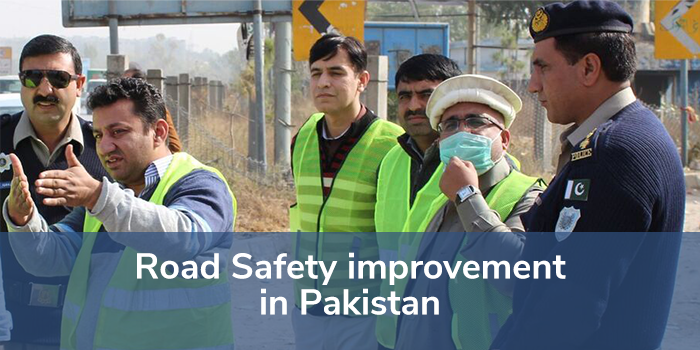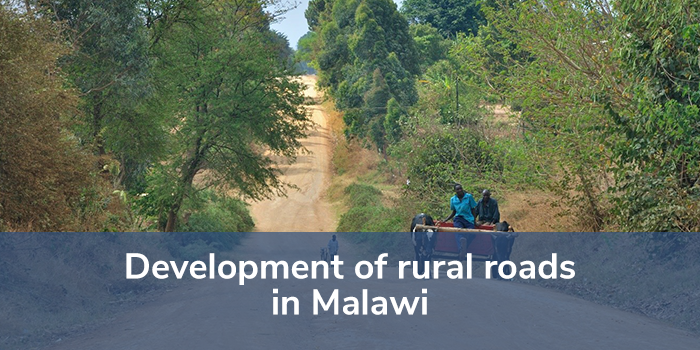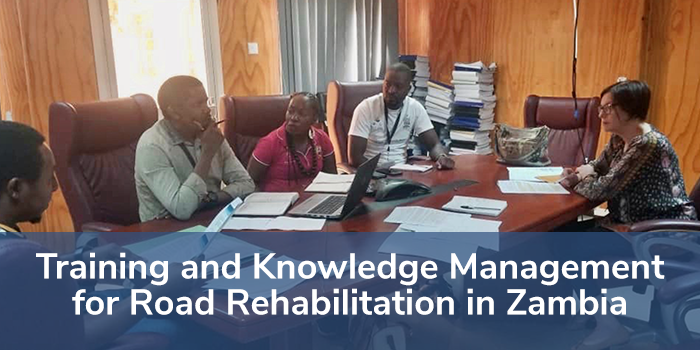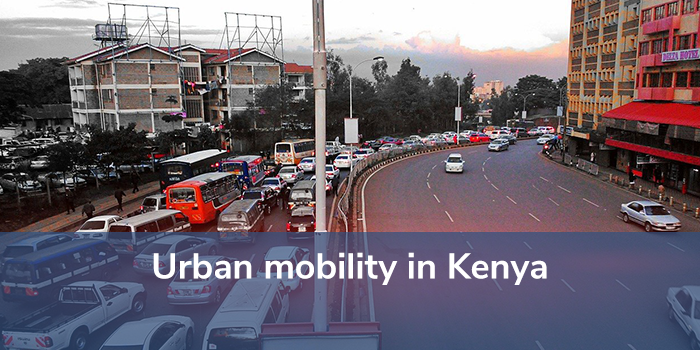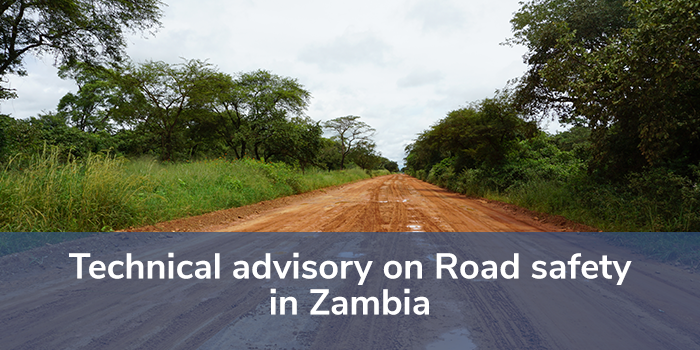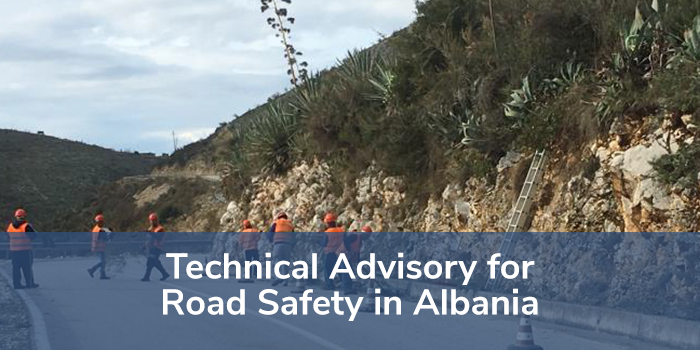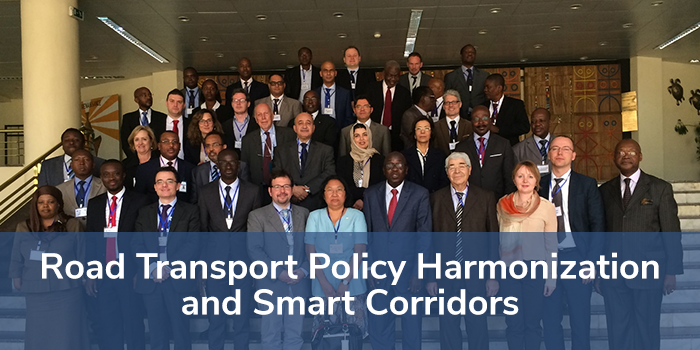A connected world is key to building prosperous economies. For this reason, road transport is at the core of the overall development of countries worldwide. Due to the growth in automobile use over the last 50 years, road transport has significantly expanded, both for passengers and freight markets. Although linked to economic cycles, the world automobile production has had continuous growth of the fleet, and the annual car production has evolved from nearly 40 million in the 90s to surpassing 60 million in the 2010s.
Road transport has some advantages over other modes, for example, it offers flexibility on the route choice allowing for services door-to-door, the cost of vehicles is relatively low in comparison with other means of transport, and all freight services start or finish with a portion of the journey by road. However, it goes without saying that this mode of transport comes with some problems, such as environmental externalities, safety, traffic congestion and dependence on fuel consumption.
However, the disadvantages can be addressed using technology, such as Intelligent Transport System (ITS), that supports a more efficient use of the already built infrastructure, contributing to better mobility of people and goods across the planet. Likewise, the advance of Electric Vehicles helps to alleviate some of the environmental problems and the implementation of safety policies contributes to a reduction in accident rates. Regional integration is closely related to the road sector, and clear and transparent standards contribute to building prosperity and growth while ensuring safer conditions.
Road Transport facts
- The lack of road safety costs countries between 1 and 5 per cent of GDP.
- 25 million road traffic deaths occur every year.
- In early 2020, road transport in regions with lockdowns in place dropped between 50% and 75%
- There are over 361,000 road passenger transport companies and over 553,000 road freight transport companies enabling people to travel and exchange goods in the EU.

NTU's involvement in road transport development
With more than 20 years of experience in the sector, NTU is dedicated to supporting the sustainable development of road transport networks in targeted countries in order to improve connectivity, enhance trade links, strengthen economic growth, and improve road safety. To achieve this objective, NTU offers institutional support for a wide variety of services, such as the creation and reorganisation of dedicated units and departments, legislative reforms, elaboration of strategies and master plans, financial analysis and planning, capacity development, implementation and supervision of projects, assessment of performance, design procurement strategies, and events management.
In addition, NTU provides technical assistance in: technical audits, feasibility studies, budget management, policy and strategy development, identification of sources of financing, technology improvements such as TMS and TIS, studies and statistical analyses on the traffic management and capacity of the infrastructure, road safety programmes, operational and maintenance manuals development, etc.
NTU contributes to decision-making based on data-driven insights, research and substantial experience in the sector. NTU works towards achieving sustainable development, with importance given to economic, ecological and social goals, through tools like socio-economic and environmental impact assessments.

